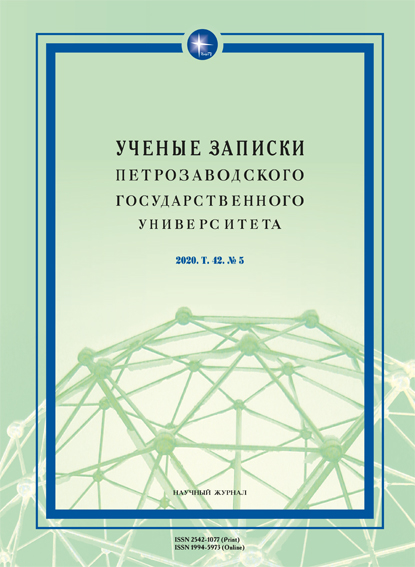ЕВРОПЕИЗМЫ В СТАРОРУССКОМ ЯЗЫКЕ: ФОНЕТИЧЕСКОЕ,
ГРАММАТИЧЕСКОЕ И СЛОВООБРАЗОВАТЕЛЬНОЕ ОСВОЕНИЕ
EUROPEAN LOANWORDS IN THE OLD RUSSIAN LANGUAGE:
PHONETIC, GRAMMATICAL AND DERIVATIONAL ADAPTATION
Author(s): Elena Vladimirovna GeneralovaSubject(s): Phonetics / Phonology, Morphology, Lexis, Eastern Slavic Languages, 16th Century, 17th Century
Published by: Петрозаводский государственный университет
Keywords: borrowing; loanwords; Russian language of the XVI–XVII centuries; historical lexicology; phonetic assimilation; grammatical assimilation; word-building assimilation;
Summary/Abstract: The article discusses the processes of formal adaptation of loanwords borrowed from European languages into Russian during the XVI and the XVII centuries. The paper deals with the specific features of phonetic, grammatical and word-building assimilation of foreign language vocabulary in the pre-Petrine epoch. The data of historical and etymological dictionaries of the Russian language were used as the research material. The texts of this period demonstrate the beginning of active penetration of borrowings of the European origin into the Russian language, and this process – in particular, the formal assimilation – was specific, since it was complicated by the frequently indirect nature of the borrowings and wide language variation. The peculiarity of the phonetic assimilation of the European borrowings is their proximity to the source language (and the intermediary language) and significant phonetic and graphic variation.In terms of part-of-speech ratio, the Russian language of Moscow Rus’ mainly adopted the nouns and less frequently the verbs from the languages of Europe. Grammatically, these borrowing were completely assimilated and consistently integrated into Russian morphological system. Indeclinable nouns and adjectives are not identified in Old Russian, and the most often varied grammatical feature is gender. Derivatives are actively formed from the borrowed stems, but there is no fundamental difference between the derivation of native and borrowed words.
Journal: Ученые записки Петрозаводского государственного университета
- Issue Year: 42/2020
- Issue No: 5
- Page Range: 45-51
- Page Count: 7
- Language: Russian

